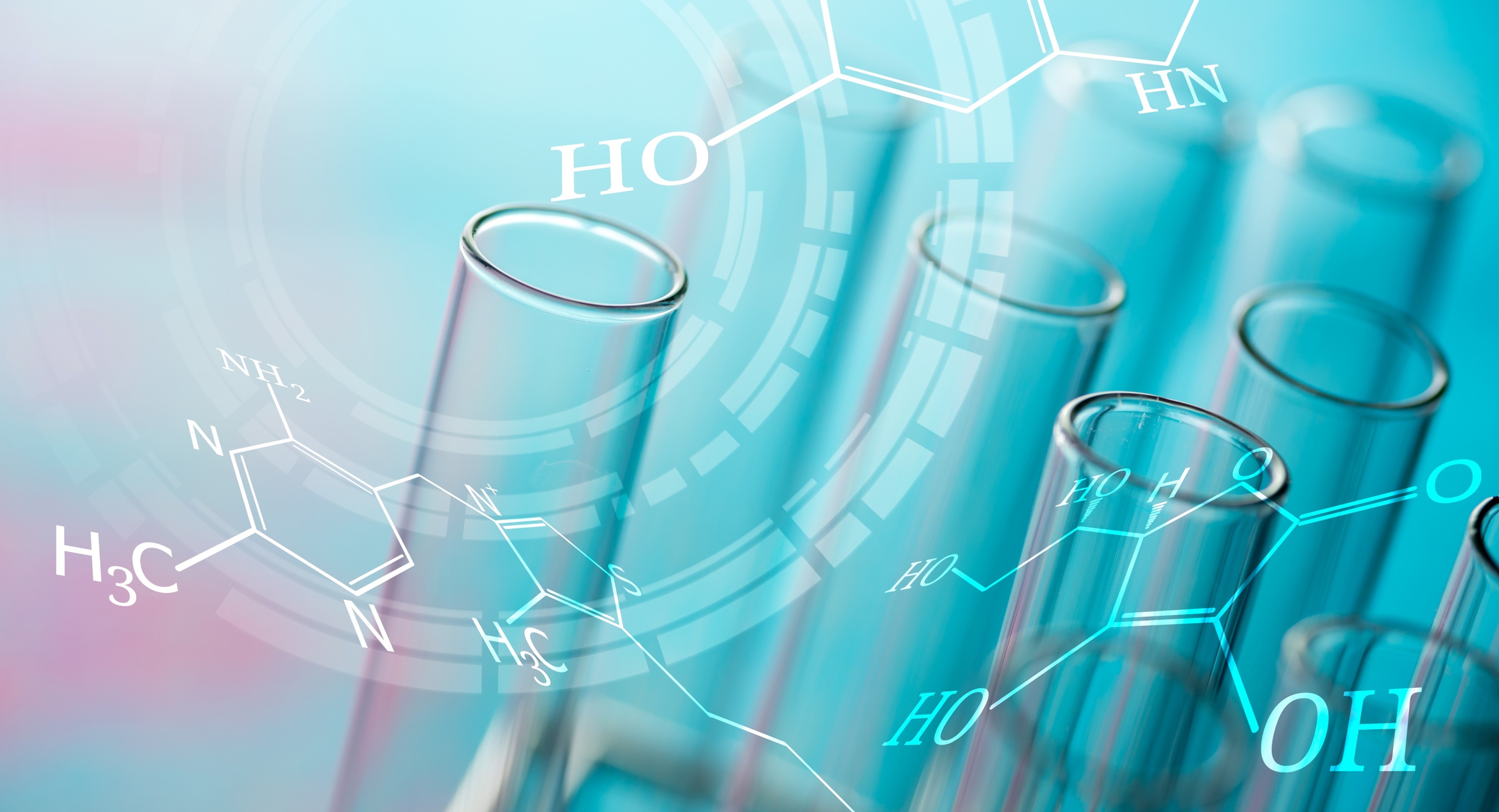 |
Login
On-Demand Course
Course Description: In this Forensic Chemistry course we will explore the application of chemical principles and techniques to the criminal justice system. This course provides students an in-depth look into the role chemistry and drug evidence plays in forensic investigations. Topics covered include the foundational techniques of basic lab skills, introduction to drugs, evidence handling, and the types of material that drug chemistry cases commonly include. Students will gain an understanding of techniques currently employed by accredited forensic drug chemistry laboratories including sample preparation, presumptive testing such as color testing and microscopy, and confirmatory testing using instrumentation such as Fourier transform infrared spectroscopy (FTIR) and gas chromatography mass spectrometry (GC-MS). The course also covers the entire case opening process including reporting, providing students with an understanding of its application in criminal cases. Additionally, students will learn the importance of thorough documentation, report writing, and providing expert legal testimony. Throughout the course, a strong emphasis will be placed on the critical need for scientific accuracy, ethical practices, and adherence to legal protocols in forensic chemistry. Detailed Learning Objectives:
*Once you have completed all requirements for the webinar you will have access to your certificate for download. You can find your certificates in the Awards tab at the top of the page. The webinar's content has been reviewed by the ABFT and ABC, and determined to be acceptable for submission to the ABFT or ABC for continuing education credit! Click the LOGIN button below to register for this course: Forensic Chemistry Unlocked! |